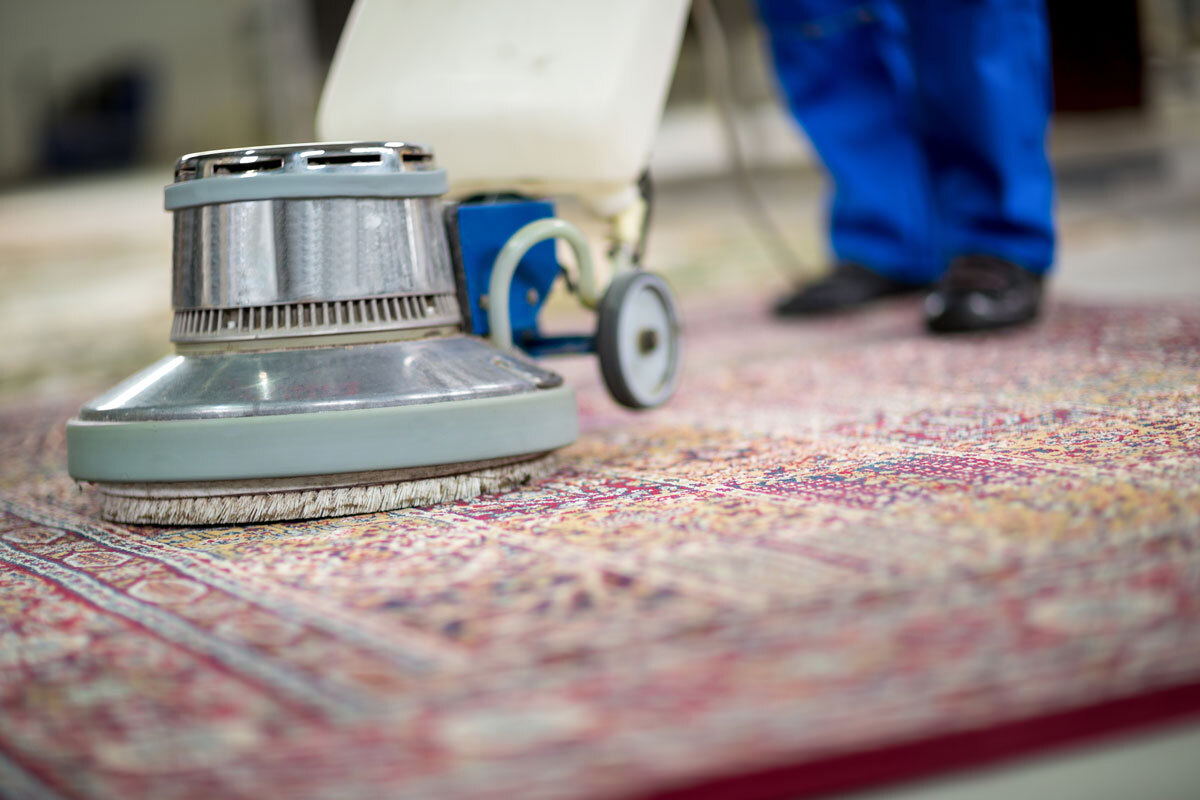The days of divorced dads picking up their kids every other Friday evening and bringing them back home to Mom Sunday nights may not be Completely gone yet, but they’re dwindling. Today’s divorced parents are changing the child custody landscape with continued co-habitation, nesting and other creative, non-traditional co-parenting arrangements.
Nesting
Divorce can be hard on kids, no matter what age they are. While dealing with the separation of their parents is by far the hardest thing to handle, moving back and forth between homes is almost equally as disruptive. To combat this, some parents are giving children custody of the family home in an arrangement called nesting.
Instead of moving the kids in and out of the house, each parent takes turns living in the family home with the kids. This allows the children to remain in familiar surroundings,continue going to the same schools, remain involved in their established extra-curricular activities and stay in close contact with their friends. Mom and Dad maintain separate residences where they live temporarily while the other stays with the children, parenting them in the “nest” for set time periods.
Shared Space
Maintaining two or three residences is cost-prohibitive for many divorced couples. Some divorced parents opt instead to continue sharing their former “marital home” with their children after divorce. They may live together as room-mates while co-parenting simultaneously or they might establish a schedule allowing them to take turns. If the house is large enough, they might each have their own smaller removed “space” that they take turns living in while the “on-duty” parent lives in the main part of the residence, parenting the children.
Neighbors
The nesting arrangement requires adequate finances to accommodate multiple residences and the shared space set-up necessitates the ability to continue living together in harmony. Somewhere between these two concessions lies the neighboring option.
For these ex-spouses, living separate from one another, but in close proximity, allows them to continue parenting their children on a daily basis with minor disruption to the kids. They may have homes on the same street or apartments in the same complex. The children can move back and forth between their parents’ residences freely, giving them open access to both mom and dad and eliminating many of the issues present when divorced parents live more distant from one another.
Putting the Kids First
Obviously, these types of parenting arrangements require an extremely amicable relationship between the ex-spouses. They’re clearly not for everyone. Regardless, whether parents are in a position to choose one of these newly popular modernized co-parenting set-ups or they develop their own creative custody arrangement, the important thing is that they serve the best interests of the children.
At Mejias Milgrim Alvarado, we are committed to helping our clients meet that objective by exploring their unique situations and negotiating child custody arrangements that work best for all. Come talk to us about your Family Law requirements.





